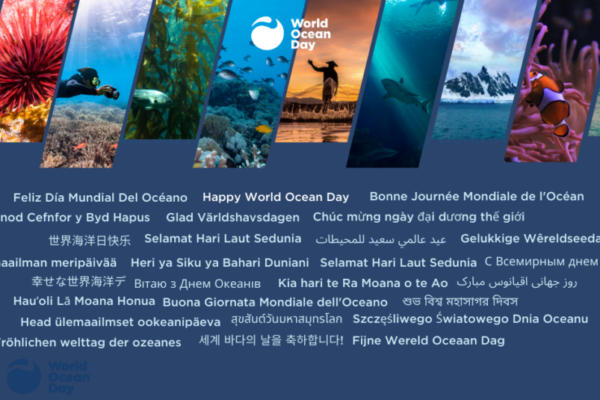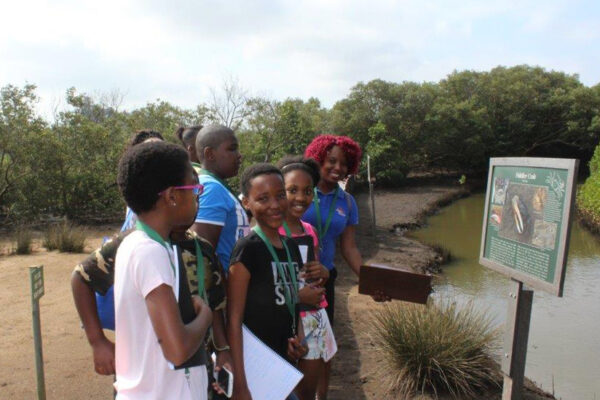We blogged previously about the National Ocean Policy draft implementation plan that’s open for comment till the end of February. To our growing network of aquarium and informal science education partners we would like to highlight several aspects of the plan that are particularly relevant.
Recommendation that the National Ocean Commission increase collaboration with aquarium and zoo partners. Clearly, there is much to do to improve ocean sciences in K-12 educational experiences; likewise, there is much that informal science education centers like aquariums can offer to complement and enhance school-based learning. These institutions provide vital opportunities for connecting kids with nature, something that is proving to improve students’ educational performance and future as environmentally responsible citizens.
Actions 5 and 6 in the draft plan’s Inform Decisions and Improve Understanding section (pp. 23-25) focus on developing a skilled workforce and increasing ocean and coastal literacy, respectively. Action 6 focuses on increasing ocean and coastal literacy by expanding the accessibility and use of ocean content in formal and informal educational programming for students, educators, and the public.

Formal and informal science education programs can work together to be much more effective at getting children involved in hands-on activities, raising levels of knowledge and awareness and become civic-minded citizens who actively engage in sustainable behaviors and community actions. Furthermore, coordinated networks of aquariums, museums, science centers, others can work together to enhance efforts and collaborate for ocean conservation.
One thing we’d ask you to remember is to urge the Obama Administration to ensure prioritizing adequate funding to helping youth to become actively engaged in ocean stewardship and learning, which will lead to significant increases the numbers of citizens who actively engage in protecting the ocean. Healthier communities of life in the oceans will also lead to creating healthier communities where they live.
Click here to learn more and provide comments!



